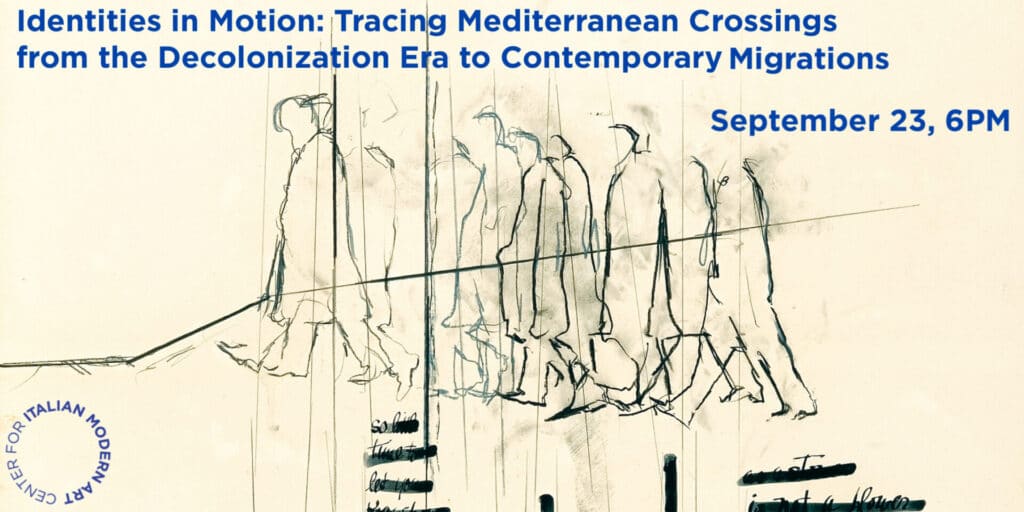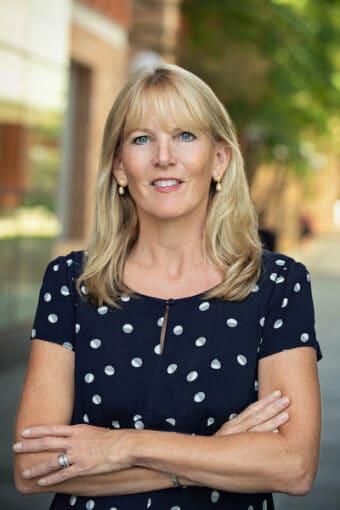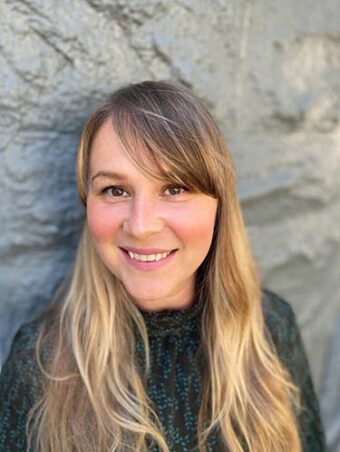Identities in Motion: Tracing Mediterranean Crossings from the Decolonization Era to Contemporary Migrations
September 23, 2021

This roundtable discussion takes cue from Mario Schifano’s biographic experience: born in colonial Libya in 1934 , the artist and his family were displaced to the Cinecittà refugee camp during World War II. Movements across the Mediterranean such as the one that Schifano undertook—whether as a result of wartime resettlement or as part of the post-WW2 decolonization process—play a pivotal role in the construction of the modern Italian identity. Professors Pamela Ballinger (Univ. of Michigan, Ann Arbor), Rhiannon Welch (Univ. of California, Berkeley) and Eleanor Paynter (Migrations Postdoctoral Fellow, Einaudi Center, Cornelly University) will join CIMA Research Fellow Aja Martin for a conversation on these subjects, which inform the art, literature, and cinema of the postwar era, and can provide useful insights in today’s migratory phenomena and negotiations of Italian identity.
In-person event. Proof of at least one Covid-19 vaccination (NYS Excelsior Pass, NYC Covid Safe app, or original vaccination card) and masking are mandatory. CIMA continues to enforce strict cleaning protocols, social distancing, and air filtering.
About the speakers:

Pamela Ballinger is Professor of History and the Fred Cuny Chair in the History of Human Rights in the Department of History at the University of Michigan. She holds degrees in Anthropology (B.A. Stanford University, M. Phil Cambridge University, M.A. Johns Hopkins University) and a joint Ph.D. in Anthropology and History (Johns Hopkins). She is the author of History in Exile: Memory and Identity at the Borders of the Balkans (Princeton University Press, 2003), La Memoria dell’Esilio (Veltro Editrice, 2010), and the World Refugees Made: Decolonization and the Foundation of Postwar Italy (Cornell University Press, 2020). She has published in a wide range of journals, including Austrian History Yearbook, Comparative Studies in Society and History, Contemporary European History, Current Anthropology, Journal of Contemporary History, Journal of Modern Italian Studies, Journal of Refugee Studies, Journal of Tourism History, and Past and Present. Her areas of expertise include human rights, forced migration, refugees, fascism, seaspace, and modern Mediterranean and Balkan history.

Eleanor Paynter studies displacement, asylum, and migrant testimony, focusing on Africa-Europe mobilities and the Black Mediterranean, and drawing on narrative and ethnographic methods. She is especially interested in race, borders, migrant rights, and colonial memory in the Italian context. Her current book project, Emergency in Transit, engages oral, written, filmic, and visual witnessing forms to discuss the complex dynamics shaping Italy’s recent immigration “crises”. Her writing can be found in academic journals such as the minnesota review andA/B: Auto/Biography studies, as well as in venues including Forced Migration Review, The New Humanitarian, and the LA Review of Books, and she hosts the Cornell podcast A World on the Move. She holds a PhD in Comparative Studies from the Ohio State University and is currently a postdoctoral associate with Cornell University’s Migrations initiative and the Mario Einaudi Center for International Studies.

Rhiannon Noel Welch works on modern Italian literature, film, and critical theory. Her first book, Vital Subjects: Race and Biopolitics in Italy, reads a range of canonical and lesser-known texts through the lens of biopolitics in order to demonstrate how race and colonialism have long been central to Italian modernity and national culture, rather than a fascist aberration or a contemporary phenomenon resulting from immigration.
Her current book project, Crisis and the Aesthetics of Deceleration, examines recurring figures of deceleration, dilation, and/or slowness, in Italian literature and film in light of the numerous biopolitical crises plaguing Italy and the world today (the coronavirus pandemic, climate change, mass migration, the failures of late capitalism, etc.).
Welch’s research has been supported by the American Council of Learned Societies, the Mellon Foundation, the Cornell University Society for the Humanities, the Cornell University Institute of European Studies, and the Rutgers University School of Arts and Sciences. Before joining the faculty at Berkeley, Welch held positions at Cornell University, Franklin & Marshall College, the University of California at Santa Cruz, and Rutgers University.
